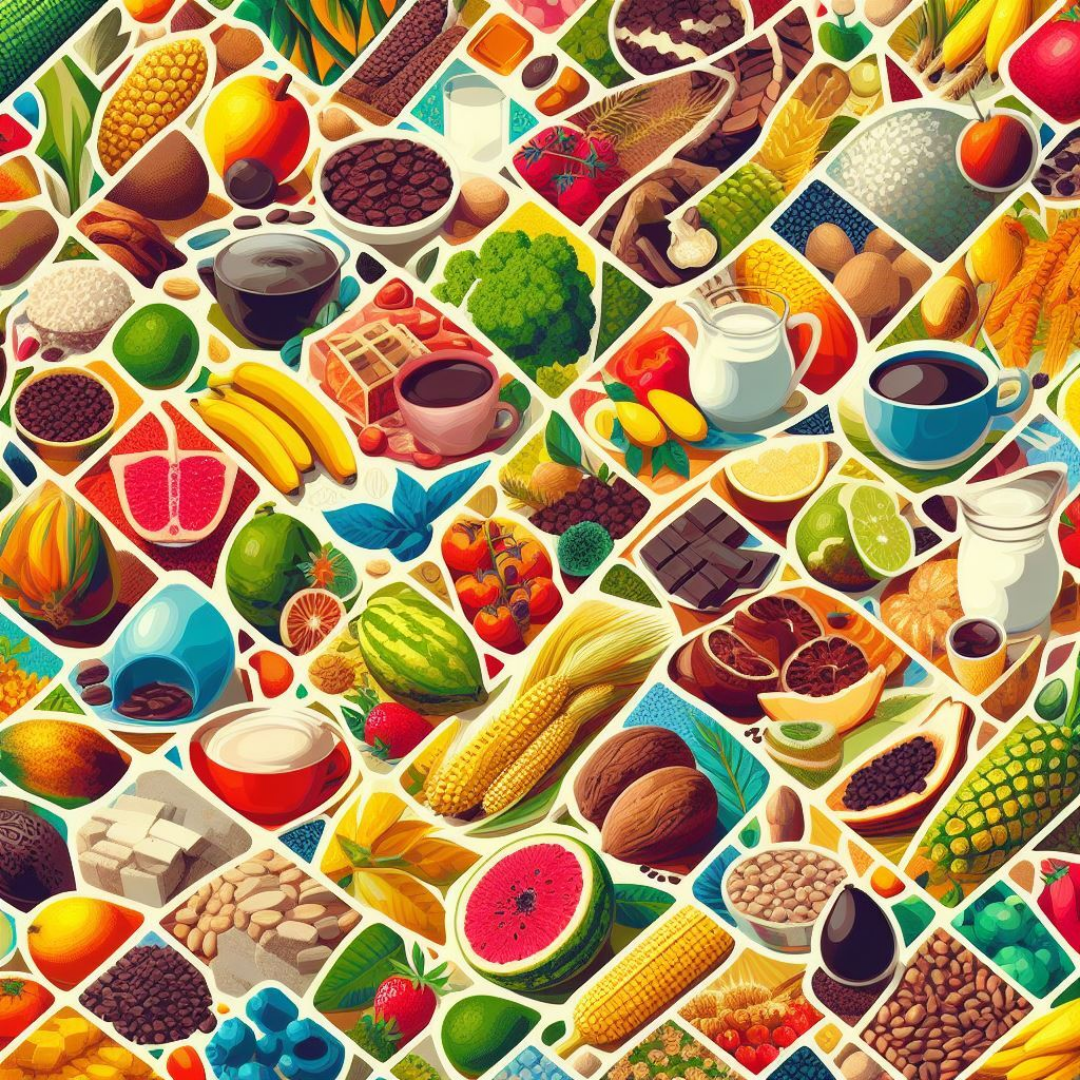Bascou revealed that the EU is actively developing “solidarity lanes,” transit routes established in March 2022 for Ukrainian exports.

The European Commission has reported that Ukraine’s agricultural exports are not causing significant negative impacts on European markets, as stated by an official from the Commission’s Directorate-General for Agriculture and Rural Development (DR AGRI) on November 29, according to Ukrinform.
Pierre Bascou, the director of DR AGRI’s Sustainable Development and Income Support, emphasized that the Commission is closely monitoring the volumes, price dynamics, and import prices of Ukrainian produce at both national and EU levels.
Bascou revealed that the EU is actively developing “solidarity lanes,” transit routes established in March 2022 for Ukrainian exports. These lanes have played a crucial role in facilitating the transit of over 60 million metric tons of Ukraine’s agricultural exports and more than 48 million metric tons of other goods, including ores, iron, steel, and wood.
During discussions with the European Parliament’s agriculture committee, Bascou assured that the EU remains committed to the continued development of these transit routes. Additionally, the solidarity lanes have enabled Ukraine to import nearly 34 million metric tons of various goods.
Despite the positive outlook from the Commission, concerns were raised by some Members of the European Parliament (MEPs) regarding the impact of Ukrainian grain influx on their countries and local farmers. Mazaly Aguilar, the vice president of the agriculture committee, voiced concerns about Spanish ports being inundated with cheap grain from both Ukraine and Russia, posing a threat to domestic producers.
Ukraine, a major global grain producer, has faced disputes with several EU members over its agricultural exports. In May, the EU imposed an import ban on specific agricultural products from Ukraine at the request of Poland, Hungary, Slovakia, Romania, and Bulgaria. These countries expressed concerns that the influx of cheaper Ukrainian products would adversely affect their farmers.
To address these concerns and potential trade disruptions, Ukraine proposed a system of permits to regulate the grain trade. Despite these challenges, the European Commission’s current assessment suggests that the overall impact on EU markets remains limited. The ongoing monitoring and the development of solidarity lanes underscore the EU’s commitment to managing and facilitating the flow of agricultural trade between Ukraine and European member states.